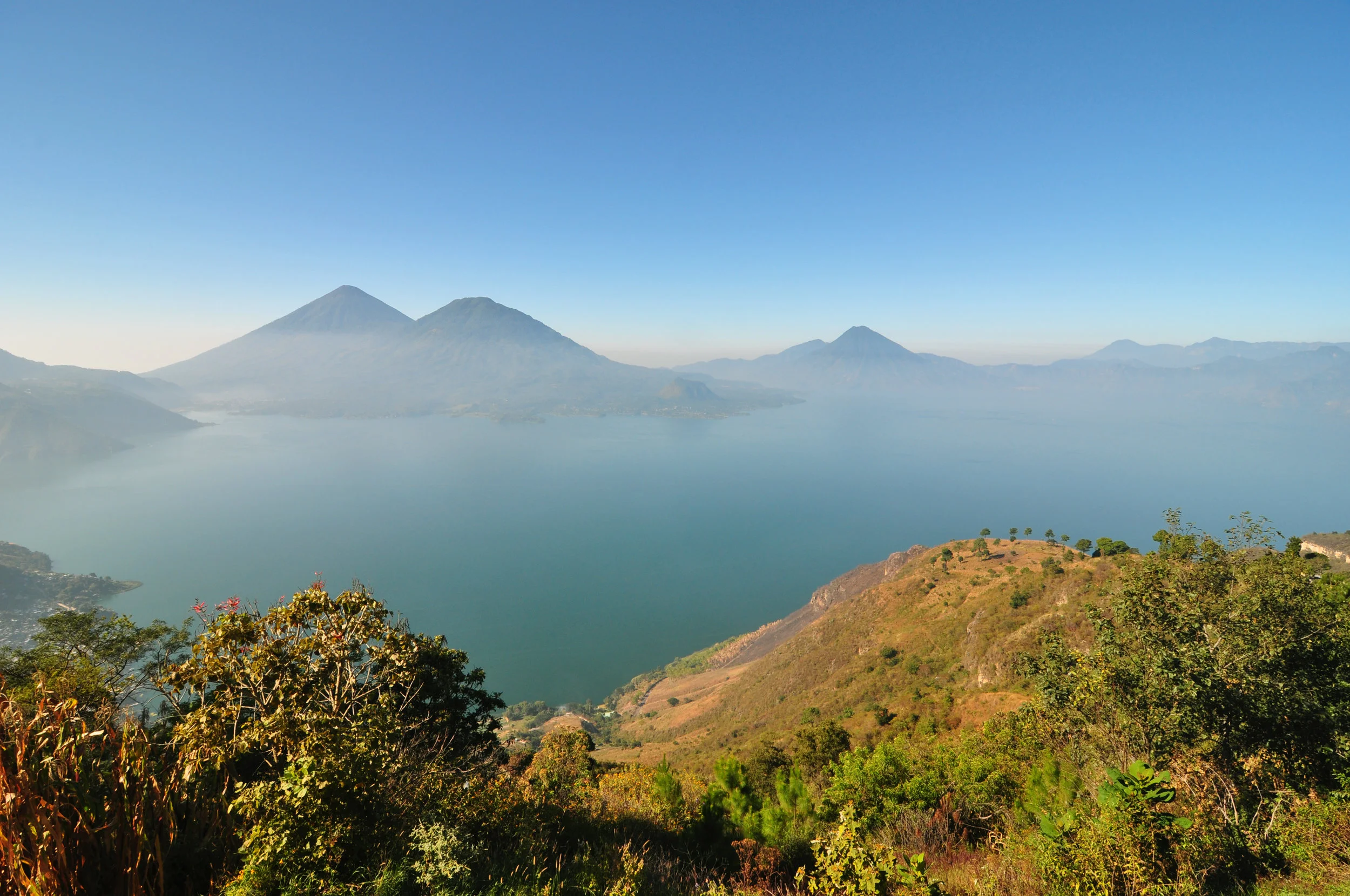Dr. Leeon Aller, founder of HFPF, carrying suitcases of medicine for a stay in Barillas.
Hands For Peacemaking was established by Leeon Aller, MD and his wife Virginia in 1985.
Dr. Aller had traveled to the NW highland area of Guatemala, and was struck by the widespread medical challenges the villages faced such as TB, Polio, malnutrition, starvation, and the conflicts between the rich and poor.
Guatemala was engaged in a bitter Civil War that went on for 36 years, and cost over 100,000 lives.
We are unique in that our staff lives in the midst of the people we serve, whereas most Guatemalan human service organizations are headquartered in cities like Antigua or Guatemala City over 14 hours away—far removed from the extreme poverty faced every day by villagers of the NW highland area of Guatemala.
In 1991 Hands For Peacemaking Foundation was incorporated as a non-profit organization. Today, we have our own facility where we can accommodate up to 16 visitors at a time in our Santa Cruz Barillas headquarters. We also have a full-time staff on the ground in Guatemala and vehicles that are used to provide services to the over 280 villages that surround the Barillas area.
We meet regularly with village leaders to determine the needs of the native Mayan villagers. Often we find villages that are seemingly “lost in time” with no electricity, no safe water supply, and little food to eat. They cook with open fires inside their huts, and suffer the harmful side effects of constantly breathing smoke from the fires. Meals commonly consist of just tortillas and salt—three meals a day. When work is scarce, families may even go days without any food.
Our focus at Hands for Peacemaking is to offer opportunities for economic development, improved health conditions, and access to education in order to promote self-sufficiency for the Guatemalan people in the regions we serve.
Our partnership approach
Before we get involved, our Guatemala-based staff requires that a village present a request for their project. The village or villagers must also be willing to pay a portion of the cost of the project, which gives them ownership in it. We then work to find a sponsoring individual or organization in the United States who is willing to partner with the village to make their project a reality. We help mobilize the sponsoring team who comes to the village to complete the project during a full work week stay.
“Most of the villages we run into are probably 150 years behind, and some places don’t even have water.”




